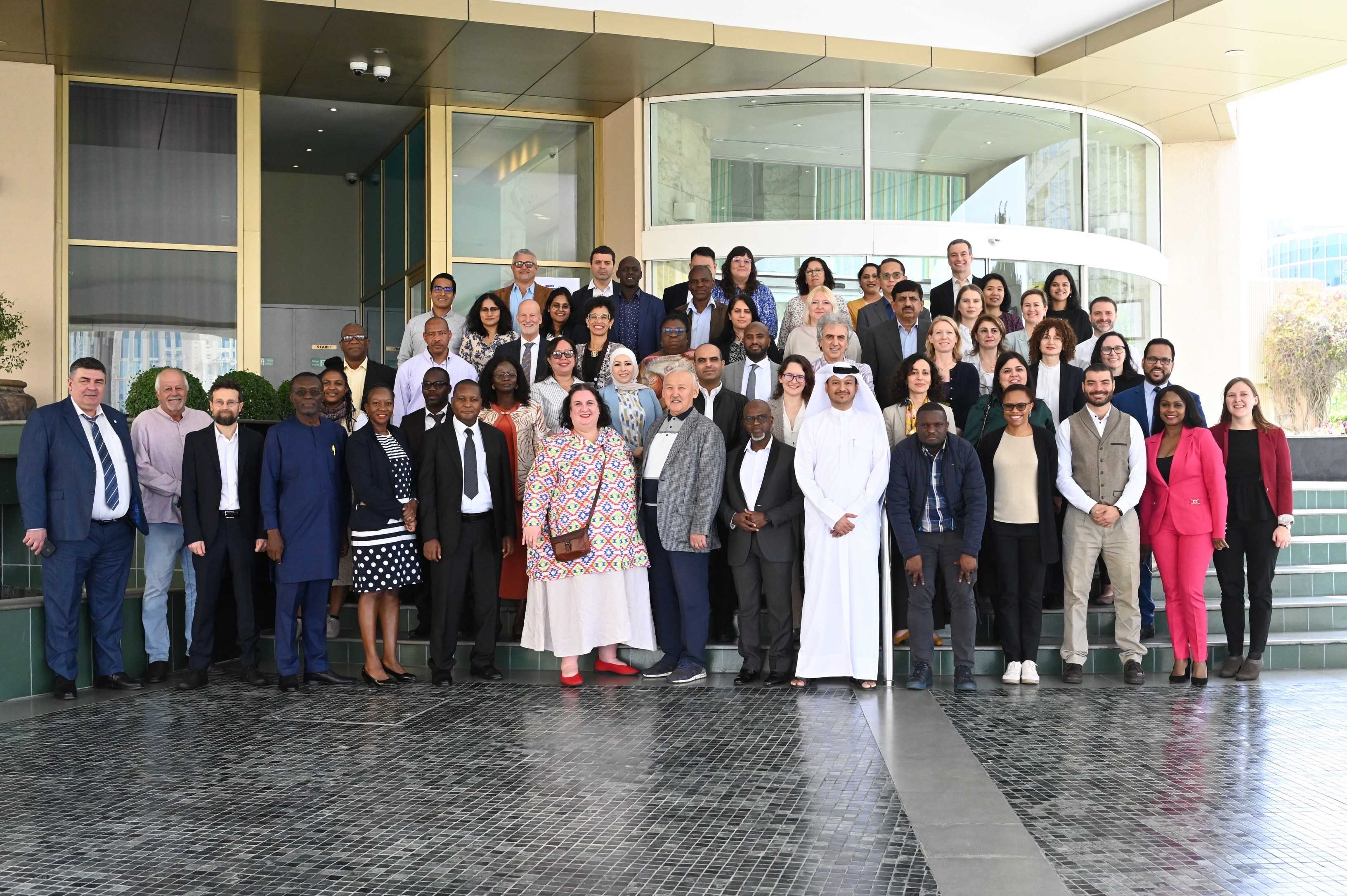The Global Training workshop on ‘Strengthening land restoration targets and commitments’ brought together stakeholders from each of the 18 countries chosen for the 2nd round of the Target Setting Program (TSP 2.0) alongside experts from the UNCCD, UNCBD, FAO, UNDP and GIZ among many other distinguished experts and institutions.
The goal of this program is in part to support countries making Land Degradation Neutrality (LDN) targets timebound and spatially explicit. Geospatial data not only supports creating spatially specific targets but can also increase the potential efficiency of addressing LDN targets as a whole through the use of earth observations. To reach these goals by 2030, these countries have been chosen to illustrate how to revise targets and do so through activities including but not limited to, creating national LDN working groups, supporting with future proofing monitoring and evaluation including the upcoming PRAIS reporting for 2026 and the financing gap for LDN.
A big focus of the workshop was also identifying potential synergies with the other Rio conventions, United Nations Climate Change (UNFCCC) and UN Biodiversity (UNCBD). The Group on Earth Observations and Land Degradation Neutrality (GEO-LDN) has been working with countries that were part of the Global Dialogue Forum (GDF) on similar activities that we aim to align with those of the TSP 2.0 program. We specifically aim to support our GDF countries through the use of earth observations and hope to do so with the overlapping countries that are also a part of the TSP 2.0 program. It is a reminder to not only find synergies with the Rio conventions but also maintain close collaboration within the land community as whole.
